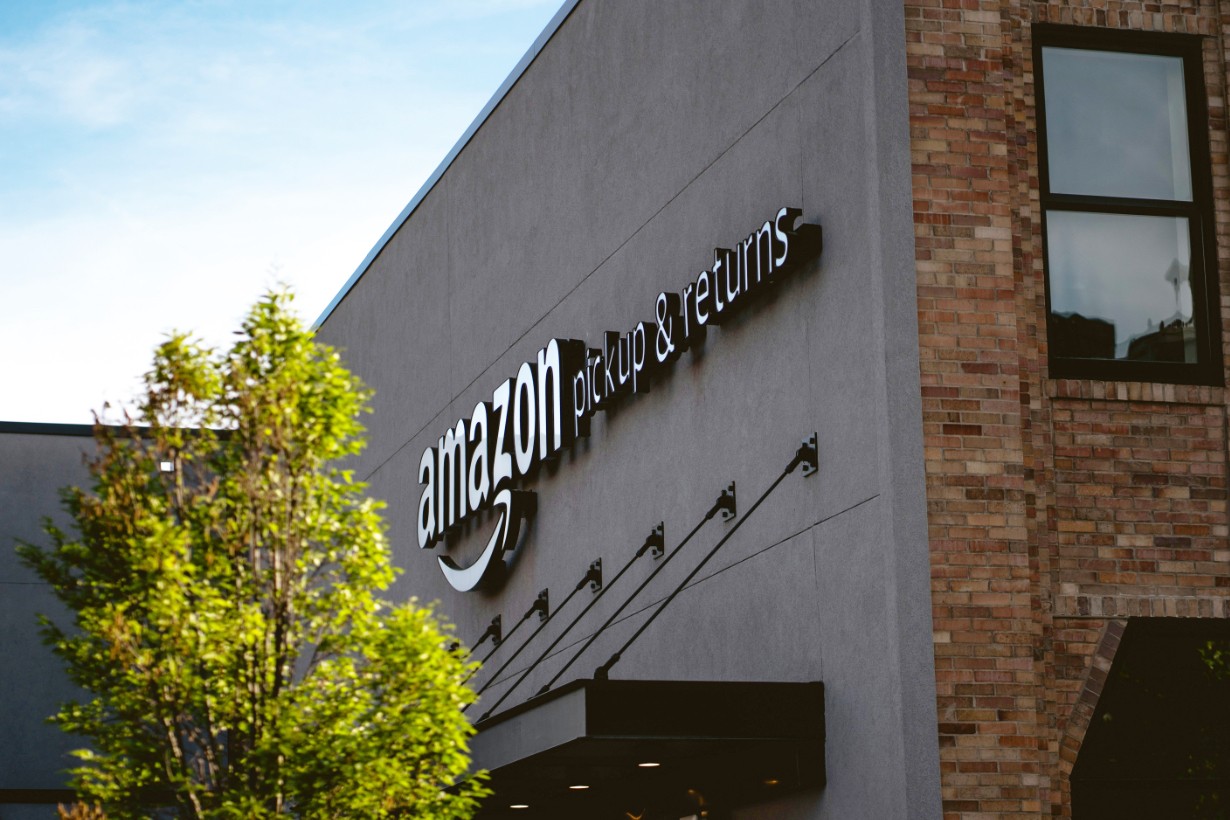CLOSE
About Elements
为了美好的未来,
传播支撑社会的科技
TANAKA是“贵金属”的专家,为世界提供创造“社会价值”的“制造”。
“Elements”是主要提供符合我们的业务及价值观的有关“科技”和“可持续发展”
等方面信息的网络媒体。
在急速发生范式转换的现代,我们将不断传播促进实现更加美好的“社会”和富饶“地球”的未来的启示。

Amazon to generate hydrogen on-site with Plug Power’s electrolyzer system

Dive Brief:
- Clean energy developer Plug Power said last week it installed an electrolyzer system at an Amazon fulfillment center in Aurora, Colorado. The 1-MW electrolyzer will use electricity and water to produce hydrogen.
- The electrolyzer system will produce low-carbon hydrogen to fuel more than 225 hydrogen fuel cell-powered forklift trucks at the site and has the capacity to support up to 400 hydrogen-fueled forklift trucks, according to Plug. The hydrogen will be compressed on-site and stored in a gaseous storage tank to be used by the forklift trucks.
- The green hydrogen model leverages surplus renewable electricity generated on-site to produce and store more hydrogen. Further, this method helps lower emissions typically generated when liquefying and transporting hydrogen from one site to another, according to Plug.
Dive Insight:
The proton exchange membrane electrolyzer builds on Amazon’s partnership with Plug, which previously sent over 17,000 fuel cells to replace batteries in forklifts in more than 80 of Amazon’s North American fulfillment centers. In most of these locations, however, the hydrogen used to power the forklifts is produced elsewhere.
Plug said its electrolyzer system at the Colorado facility is the first to be installed and used by Amazon at any site. The energy company designed, installed and commissioned the green hydrogen system and will provide maintenance services for it as well, according to the press release.
“On-site production will make the use of hydrogen even more energy efficient for certain locations and types of facilities,” Asad Jafry, Amazon’s director of global hydrogen economy, said in the release.
Jafry also called hydrogen “an important tool” in Amazon’s efforts to decarbonize its operations by 2040 — a goal the company aims to achieve through investing in renewable energy, scaling solutions, and engaging in partnerships that accelerate the timeline to achieve this target.
The company will also partner with Mercedes-Benz on hydrogen fuel cell trucks this year in an effort to advance its sustainability goals through decarbonizing its transport network. The fuel cell trucks, which will be road tested in mid-2024, are capable of producing their own electricity through the use of hydrogen, making them more suitable for the job, according to Mercedes’ parent company Daimler Truck.
Amazon’s extended collaboration with Plug comes after the company’s subsidiary, Amazon Business, published its annual state of procurement report in November, which included insight from over 3,000 global buyers. The report found that ESG was a top priority for most businesses: Eighty-nine percent of buyers and procurement leaders surveyed said they consider an organization’s ESG policies and diversity, equity and inclusion priorities when they make purchases, while 33% of respondents said they want to set or meet goals for ESG in their procurement function or prioritize buying from certain types of suppliers.
This article was written by Zoya Mirza from Utility Dive and was legally licensed through the DiveMarketplace by Industry Dive. Please direct all licensing questions to legal@industrydive.com.









